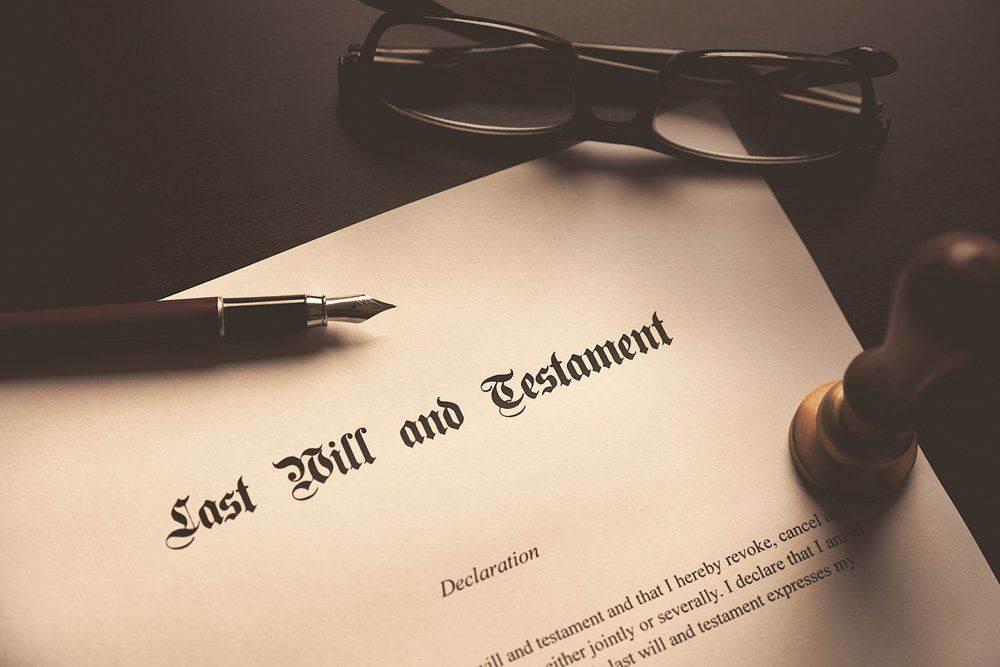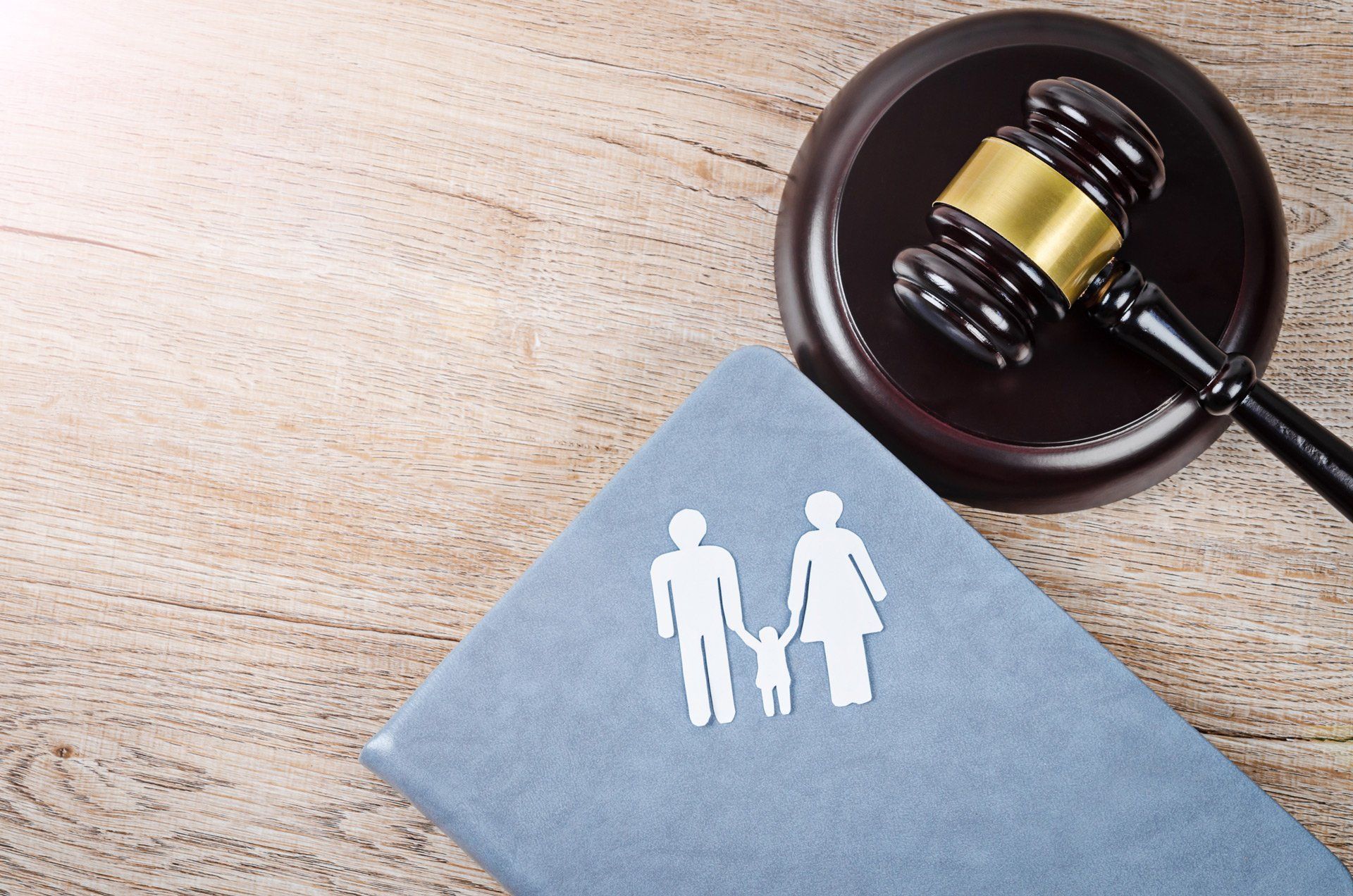Family Caregiver Concerns: Is it Time to Consider a Conservatorship?
- By Admin
- •
- 29 Apr, 2019
- •

Each year, over 34 million people provide unpaid care to adults aged 50 and over in the United States. The people in need include aging relatives, ailing spouses, and disabled children as well as other family members. The job is a challenge and becomes even more so as the loved one becomes incapacitated and unable to care for themselves in any way.
The legal system offers protection for those that become incapacitated to ensure they stay safe. The laws also protect those that help these individuals, so they can tend to the needs of the people they love. The easiest way to handle this type of situation is with a conservatorship.
Plan Conservatorships Early
Conservators can be pre-selected by the person they will care for through a living will or durable power of attorney. The court will still have to approve the choice, and other family members can petition the court to have someone else chosen. Unless there is a genuine cause for concern, the court will usually approve the pre-chosen caregiver.
Any caregiver that agrees to a future conservatorship will need to know everything about the financial, medical and personal life of the individual. They will manage all these decisions without input from their loved one. Many people take on power of attorney responsibilities prior to this, if possible, to familiarize themselves with the information.
The decision about who to select for a conservator is only legally acceptable when someone is still mentally competent. Prepare the power of attorney forms, living wills, and other documents of this type early to reduce the possibility of delays due to someone contesting the decision.
Receive Financial Compensation
A conservatorship can become very time-consuming because of the many duties involved. The law allows people to request a specific hourly amount so they can receive payment for their efforts. The conservator must petition the court and request the amount. Other family members can challenge any amount they think is too high.
Approval from a judge is necessary before any payment is received. Conservators must track all their time to receive a payment. A detailed log of the date and time of the work and the type of work performed is needed. All payments and control of the estate end when the conservatee dies unless the conservator is also named as the executor of the will.
Share the Effort
Family dynamics play a role in how conservatorships work and how well they are accepted. Some people may choose to divide their responsibilities with others. The court may approve multiple people to run the conservatorship, but each person should have a list of their duties. The decision can lessen the time involved for each person and eliminate the need for payment.
Typical divisions include one person acting as the conservator for the person and another as the conservator of the estate. The individual that manages the estate handles all financial responsibility while the other tends to the personal care and medical needs of the loved one.
Know the Limits
A conservator cannot change a will or defy the directions of a medical directive. Conservators cannot hand over their duties to someone else, but they can resign the position to allow the court to choose someone else. The conservator must file status reports to the court and the court will review the performance of the conservator each year.
Families need to convince all elderly or ill loved ones to prepare the documents that will protect their wishes. Medical directives, wills, living wills and the appointment of reliable people as guardians and conservators are just a few of the methods available. At the Law Office of Carla D. Allen, we can prepare the documents you need to protect yourself and your family.








